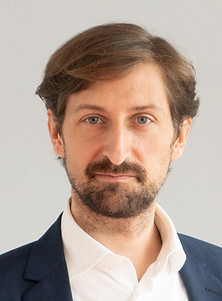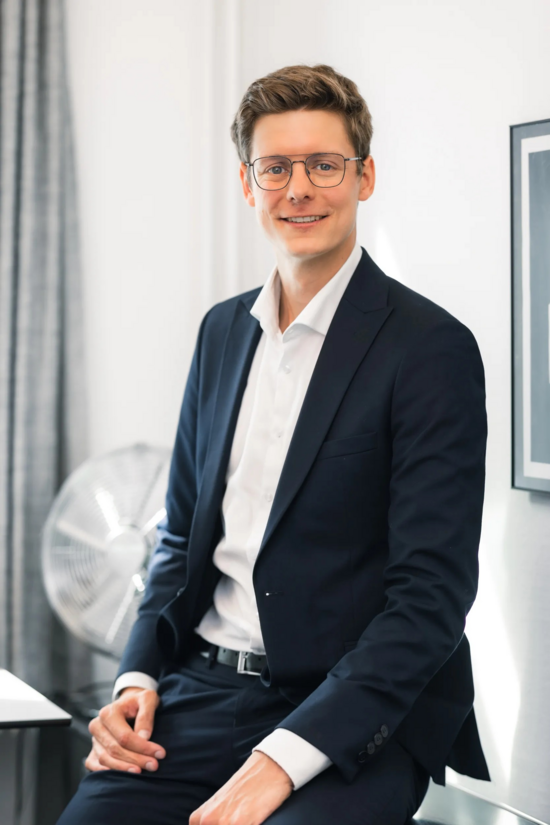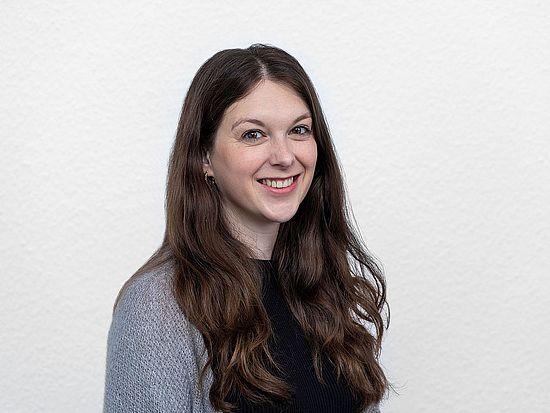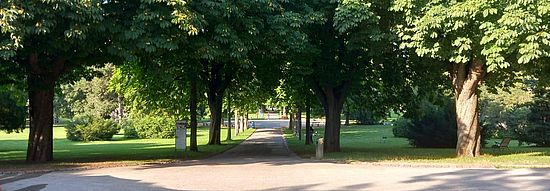Program 2025
Time | Program Point | Speaker |
08:30 | Welcome & Registration (workshops only) | |
09:00 | Talk 1: Politics and Science: A Tension? | Hannah Schoch |
| 10:00 | Coffee Break | |
10:20 | Workshop 1: Science Communication and AI | Dr. Mirko Bischofberger |
Workshop 2: How to speak with confidence | Dr. Melchior Glatthard | |
Workshop 3: Open science practices in research and communication | Prof. Dr. Julia Stern | |
| 12:30 | Lunch Break & Poster Session | |
| 14:00 | Academic Speed Dating | |
| 15:00 | Coffee Break | |
15:30 | Talk 2:Communication of complex information in the 21st century | Dr. Jacob Beautemps
|
16:30 | Panel Discussion: Bridging Science and Society: Rethinking Responsibility, Engagement, and Impact | Dr. Mirko Bischofberger |
| 17:15 | Apéro including Poster awards & Farewell |
Keynote 1: Politics and Science: A Tension?

Scientific expertise plays a critical role in political decision-making, yet the relationship between science and politics is anything but straightforward. In Switzerland, numerous institutional interfaces channel research-based knowledge into policy processes: extra-parliamentary commissions, parliamentary committees, in-house expert groups within federal departments, as well as academic advisory bodies and networks. However, the relevant actors, procedures, and responsibilities vary widely depending on the issue and political level, national, inter-cantonal, or cantonal. There is rarely a one-size-fits-all model; instead, effective engagement requires a nuanced understanding of where decisions are made, who is involved, and where expertise can be most strategically positioned. This talk provides a structured overview of Switzerland’s science-policy landscape and explores how researchers can navigate and contribute meaningfully to it.
Hannah Schoch is the Project Manager of the Franxini Project, a Swiss think tank dedicated to fostering dialogue between science and politics. She serves as President of actionuni and is a board member of Eurodoc, advocating for early-career researchers at the European level. Alongside her policy engagement, she is pursuing a PhD in American Studies at the University of Zurich.
Keynote 2: Communication of complex information in the 21st century

Especially in today’s knowledge-based society, the effective transfer of know-how is the key to progress and innovation. Yet reality often looks quite different: how often does valuable knowledge go unused simply because it isn’t communicated clearly and convincingly? Whether it’s the introduction of new technologies, the communication of complex research findings, or internal messaging about important changes, ineffective knowledge transfer costs time, resources, and innovative strength. In his keynote, Dr. Jacob Beautemps presents six practical rules that will enable you and your audience to communicate knowledge in a way that resonates, is understood, and makes an impact. Say goodbye to tedious explanations and disengaged audiences. Dr. Jacob Beautemps shows you how to capture attention, persuade effectively, and create lasting understanding, whether in explainer videos, workshops, business presentations, or even simple emails.
Dr. Jacob Beautemps is a science communicator who inspires a wide audience to engage with science, especially through his YouTube channel Breaking Lab. He holds a PhD in Physics Education and regularly appears on German TV shows such as “5 gegen Jauch” and “Stern TV”. For his work, he was awarded the Medal for Scientific Journalism by the German Physical Society. His Spiegel bestseller “Rethinking Our Future” explores what defines truly innovative people.

Workshop 1: Science Communication and AI
Insights into science communication and the use of different AI tools
Dr. Mirko Bischofberger is a passionate science communicator with over 20 years of experience. As Head of Knowledge and Technology Transfer at the Swiss National Science Foundation (SNSF), founder of Science Studios, and lecturer at institutions such as EPFL, the University of Zurich, and ETH Zurich, he bridges the worlds of research, communication, and innovation with insight and clarity.

Workshop 2: How to speak with confidence
Learn how to master the presentation of your research. Explain, teach, and convince better with just a few tips and tricks. Profit from the opportunity to present your work and get personal feedback about your public speaking. In this workshop you learn the basics of efficient and effective communication. You will refine your impromptu speaking skills as well as prepare a scientific speech in your field of expertise. The workshop aims to provide you with the tools to improve your speaking skills.
Dr. Melchior Glatthard is a notary and attorney with a doctorate in law, specializing in real estate and contract law. He is also a presentation coach, accomplished speaker, and multiple European Champion in public speaking (Toastmasters). For around ten years, he has taught the workshop “Public Speaking for Scientists” at the University of Bern, while also advising researchers and institutions on communication strategies through initiatives such as Innosuisse, the Innovation Office at the University of Bern, and ETH Zurich’s MaP Doctoral School.
Workshop 3: Open science practices in research and communication
Learn how to implement good open science practices in your research and how to use that for science communication inside and outside your scientific community (e.g. journalists)
Prof. Dr. Julia Stern is the acting head of the Personality Psychology and Psychological Assessment group at the Institute of Psychology, University of Bremen. Her research focuses on hormonal correlates, personality, and interpersonal relationships. In recognition of her work, she has been awarded the 2025 YERUN Open Science Award as well as the 2025 Rising Star Award by the Human Behavior and Evolution Society.

Academic Speed Dating
Networking facilitates success regarding our research goals and career. However, networking can also be tricky sometimes. Therefore BEACON 2025 is also dedicated to providing a low-barrier opportunity to foster academic interaction, create new ties, and initiate collaborations across departments and divisions. There will be different possibilities to reach this goal, for example during informal coffee breaks as well as during the apéro that completes the day. More important, however, will be the Academic Speed Dating. Over the course of 30 minutes, you will have three 10 minutes short academic speed dates with fellow researchers from other divisions.

Poster Session
The conference offers a 1-hour Poster Session after lunch, which will be split into two parts: for the first 30 minutes, half of all presenters will be at their poster, and the other half of presenters will have a chance to go around and learn about the presenters’ works. Then we will switch: for the next 30 minutes, presenters become visitors, and visitors become presenters. The Poster Session is a chance to present your past, current, or planned research, so you can hand in preliminary data, real data, or also the study design. Finally, there will be three poster awards, where you get the chance to win a prize for the best poster in a specific category, rated by your colleagues at the conference! More information on how to participate in the poster session and details about the poster design and poster awards can be found on Abstracts and Posters.
Panel Discussion
The panel discussion will emphasize this year’s conference theme: “Communicate your Science”. For this purpose, Hannah Schoch, Dr. Mirko Bischofsberger, Dr. Melchior Glatthard, Prof. Dr. Julia Stern and Dr. Jacob Beautemps will discuss the topic of Bridging Science and Society. The audience will be encouraged to participate by asking questions to the panel.
Registration open now!
This year's conference will take place on September 12 at the Missionsstrasse 64a/62a.
